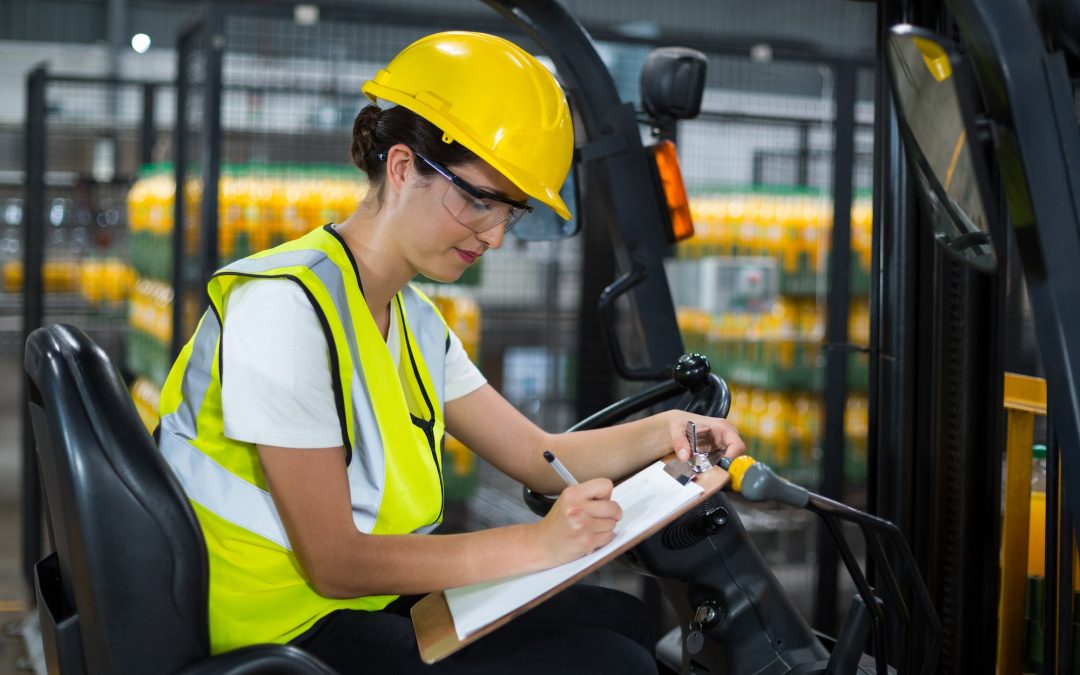Forklifts are essential machines for any business that needs to move goods around warehouses, factories, and other areas. They can provide increased efficiency and safety to the workplace, but only if they are regularly inspected and maintained. Regular forklift inspections can help identify any issues that may arise before they become bigger problems. In this blog post, we will discuss the importance of regular forklift inspections, the types of inspections available, and tips for finding the right inspector.
What Are Forklift Inspections?
Forklift inspections are safety checks that are conducted on a regular basis to ensure that the forklift is operating according to the manufacturer’s specifications and that it meets all relevant safety standards. These inspections should be conducted by a qualified inspector, and the results should be recorded for future reference. During the inspection, the inspector will check for any visible signs of wear or damage, and will also check the forklift’s brakes, steering, and suspension. Any issues that are identified during the inspection should be fixed immediately.
Why Are Forklift Inspections Important?
Forklift inspections are essential for maintaining the safety of the workplace. Forklifts require regular inspections to ensure that all components are functioning correctly, and that any potential issues are identified and fixed before they become bigger problems. Regular inspections can also help to identify any potential hazards that may not be visible to the naked eye, such as faulty brakes or worn tires. This can help to reduce the risk of accidents or injury in the workplace.
Types of Forklift Inspections
There are several types of forklift inspections that can be conducted. A basic inspection should be conducted at least once a year, and should include a visual inspection of the forklift as well as a check of the brakes, steering, and suspension. Additionally, a more thorough inspection should be conducted every six months or as needed, depending on the type of use the forklift receives. This inspection should include all of the components that were checked during the basic inspection, as well as a check of the forklift’s lift cylinder, forklift mast, and any other components that are specific to the type of forklift being inspected.
Tips for Finding the Right Inspector
When it comes to finding the right inspector for your forklift inspection, it is important to do some research. You should look for inspectors who are qualified and experienced, and who have the proper certifications and qualifications for the type of forklift you are inspecting. Additionally, you should ask for references from previous clients to ensure that the inspector is reliable and trustworthy. Finally, it is important to make sure that the inspection is conducted according to the manufacturer’s specifications, as this will ensure that the forklift is safe to use.
Regular forklift inspections can help to ensure the safety of your workplace and reduce the risk of accidents or injury. By following the tips outlined above, you can ensure that the inspection is conducted correctly and that any potential issues are identified and fixed before they become bigger problems. Additionally, by using turnkey maintenance solutions from HCI Innovations, you can ensure that your forklift is regularly inspected and maintained according to the manufacturer’s specifications, thereby ensuring the safety of your workplace.


